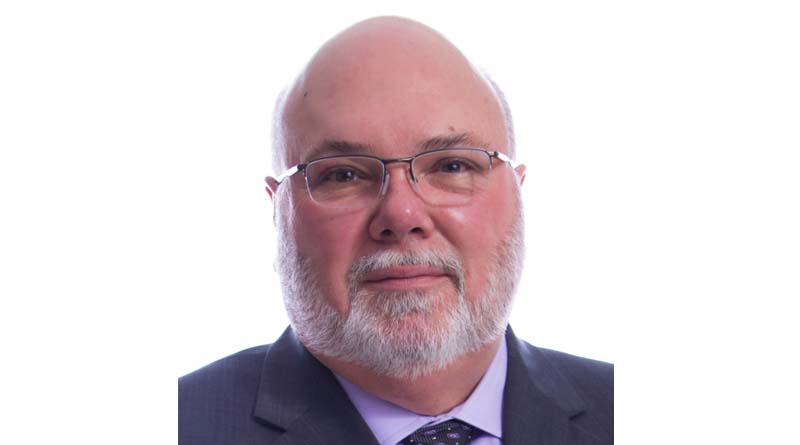Medxcel Exec Stresses Importance of Compliance Training
By Eric Althoff
INDIANAPOLIS-Medxcel Vice President, Program Development, Support and FM Compliance Officer Larry Lacombe is quick to stress the importance of regulatory compliance in the healthcare field. Lacombe is in charge of developing and implementing compliance programs for Medxcel to ensure that his firm’s nationwide network of hospitals is survey-ready, anytime of the day or night, for the Indianapolis-based company.
However, just being ready isn’t enough, Lacombe emphasizes. Rather, continuing staff education to ensure they are up to date on the latest developments in regularly compliance is key to heading off potential problems later on. Particularly for new staff, utilizing onboarding buddies, or something similar can be a good way to ensure training is up to date.
“When it comes to maintaining regulatory compliance, education is oftentimes the most difficult part. Particularly in situations when staff are accustomed to doing things in a certain way, it can be tough to persuade the team to adhere to new compliance-related procedures,” Lacombe said in a recent letter sent out by Medxcel. “However, with more than 629 discrete regulatory requirements across nine domains, it’s apparent why compliance education is so crucial. With so many regulations, there’s a lot to consider.”
Lacombe believes that because regulatory compliance is such a complex organism, training should be fluid and ongoing and not left until it is too late, i.e., after a problem has already manifested itself.
Staff can sometimes be slow to adapting to new rules and regulations, but Lacombe said that with proper training, healthcare staff and facilities will more be better able to comply with newer and expanding requirements.
“Healthcare leadership should implement these education programs as soon as possible to ensure its success,” he said. “Programs should also be developed with intent in mind.
“Of course, the ultimate objective is to comply with all requirements; however, healthcare facilities should also consider the education’s other purposes. This will help to develop curriculum and provide staff with fine-tuned programs.”
The executive believes that compliance procedures must be internally standardized so that the entire staff follows the same guidelines during training and beyond, and that is up to management to ensure that guidelines are explained to staff in a way that is easy to understand and implement.
“Regulatory compliance is complicated. In order to safeguard a facility against errors and subsequent fines, an important part of regulatory compliance education is remaining open-minded and shifting plans as needed,” Lacombe said of the need to evaluate how training implementation is proceeding. “Sometimes after a process is set in place, facilities later find out there’s a more efficient way of operating. The important thing is to remain flexible.
“Leadership should always evaluate any sort of process or educational program following implementation and adapt as necessary. Furthermore, adapting plans will help to increase transparency within facilities.”
A better way to ensure that regulatory compliance training holds up is to include staff in the decisions and implementation, said Lacombe. This means staff-and, ultimately, the facility-are more apt to remain in compliance as they feel they have something at stake as well.
Medxcel’s business operations entail savings and efficiencies for healthcare organizations in the belief that this improves the environment for patients and staff in the long run.
“As you develop your regulatory compliance education, remember how important it is to properly educate staff and adhere to all regulatory requirements,” said Lacombe.

